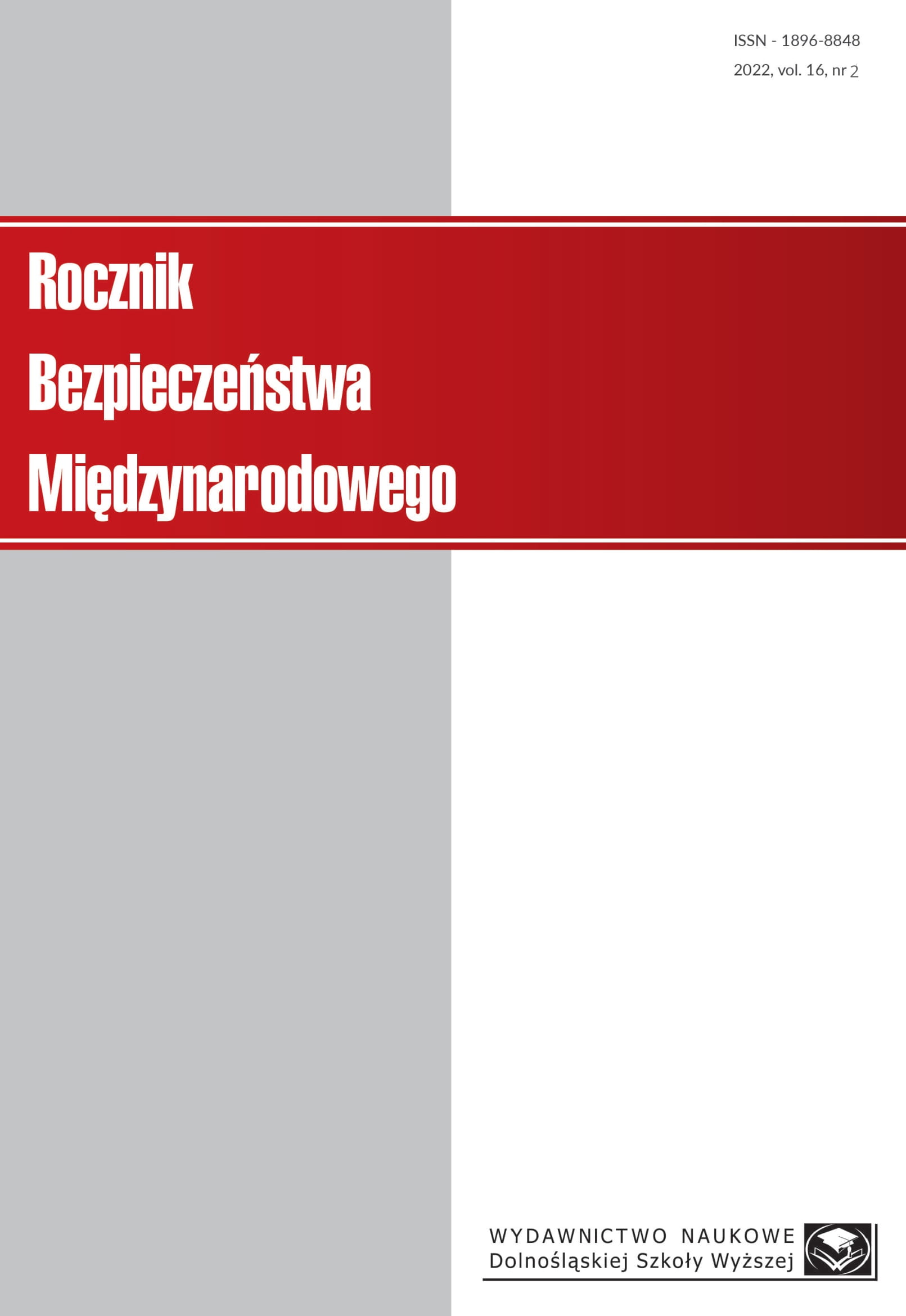Problem rozszerzenia NATO w negocjacjach Stanów Zjednoczonych i ZSRR w latach 1989–1991
The Problem of NATO’s Enlargement in Negotiations Between the United States and USSR in 1989–1991
Author(s): Sebastian MarkiewiczSubject(s): Diplomatic history, Military history, International relations/trade, Security and defense, Military policy, Transformation Period (1990 - 2010), Cold-War History, Post-Communist Transformation, Geopolitics, Peace and Conflict Studies, Russian Aggression against Ukraine
Published by: Wydawnictwo Naukowe Dolnośląskiej Szkoły Wyższej
Keywords: NATO; Russian Federation; NATO enlargement; international agreements; informal agreements; demands of the Russian Federation;
Summary/Abstract: The contemporary relationship between NATO and the Russian Federation, just as it was in the early 1990s, can be considered groundbreaking as it may lead to a reconfiguration of the balance of power in Europe. This type of action may initiate a process with consequences for all continents. At the beginning of the 90’s, mutual peace assurances between the United States and the USSR obtained through diplomatic means, contributed to decisions that changed the political shape of Germany and Central and Eastern Europe. All NATO countries and six Warsaw Pact countries signed the Treaty on Conventional Armed Forces in Europe. Therefore it is worth asking whether, analogous to the situation 30 years ago, there is a chance that a diplomatic negotiations played a key role in maintaining peace in Europe in the current decades. The research for this article was based on official documents. It was conducted using the critical analysis method of the content of sources, statements of politicians, and literature on the subject. The article’s main purpose is to examine the impact of the declarations made between NATO and the USSR/Russian Federation in the early 1990s on international relations at that time. The first part of the article discusses the historical context related to the events in Europe after 1989. After that, contemporary views on the decisions, promises, and demands of the Russian Federation in relation to NATO are presented. The third part of this article presents the importance of informal agreements between the subjects of international relations for security. It was found that these agreements are crucial for the international order and their perception and observance despite the lack of a binding form. All of that has a real impact on international security. Thus, it examined how NATO and the Soviet Union viewed the informal agreements on NATO enlargement in the early 1990s. It has also been observed that a uniform way of interpreting informal agreements by the contracting Parties can contribute to conflict resolution.
Journal: Rocznik Bezpieczeństwa Międzynarodowego
- Issue Year: 16/2022
- Issue No: 2
- Page Range: 145-167
- Page Count: 23
- Language: Polish

